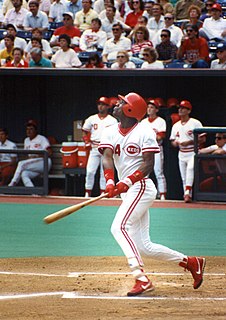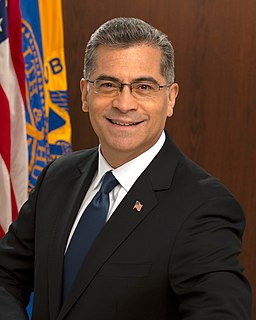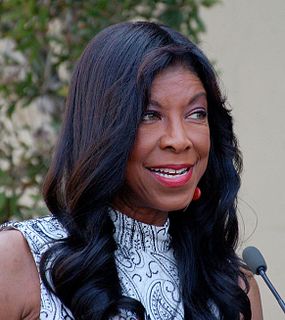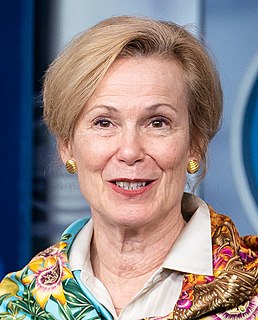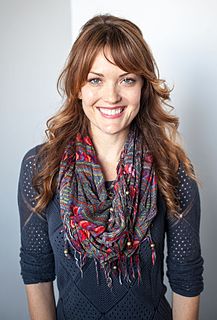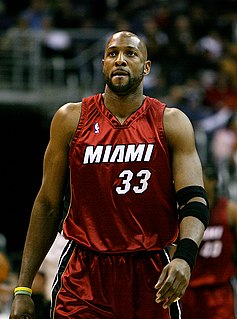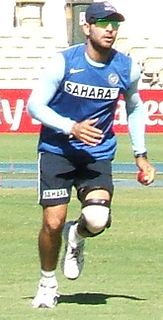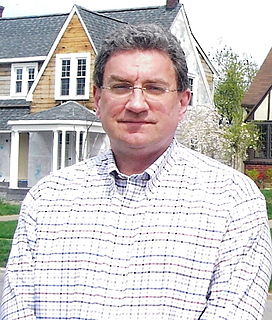A Quote by Eric Davis
People saw me as being heroic, but I was no more heroic than I was with other injuries I had, like the lacerated kidney I suffered during the 1990 World Series. It's just that people haven't known anyone with a lacerated kidney, but everyone can relate to someone with cancer.
Related Quotes
Colin Powell has said over the years that Saddam Hussein is like a toothache. It recurs from time to time, and you just have to live with it. At other times, he's compared Saddam Hussein to a kidney stone that will eventually pass. But he has never said, 'You have to operate and take out the kidney stone.'
The battle against cancer has made me strong. It's like winning a war! When I was diagnosed, I was told by doctors my kidney, liver and other organs could fail. It was tough. I didn't know if I could save my life. But I was positive, and because of that, the doctor told me that I would be a man who would never have cancer.
There is a risk of death associated with donating a piece of liver. It's about one in 500 for the risk of death. The risk of death of donating a kidney is about one in 3000, so this is a riskier operation than donating a kidney. The stakes are usually higher for the recipient of the transplant because unlike kidney failure, where you have a dialysis machine, in liver failure we don't have that kind of machine that allows a patient to survive until they can get a cadaver organ.
